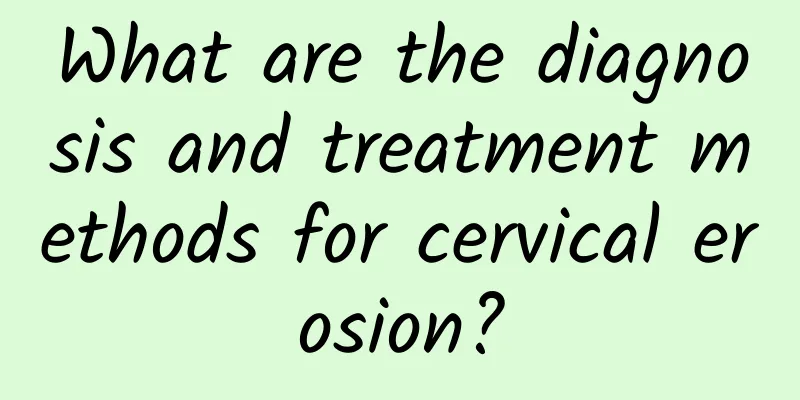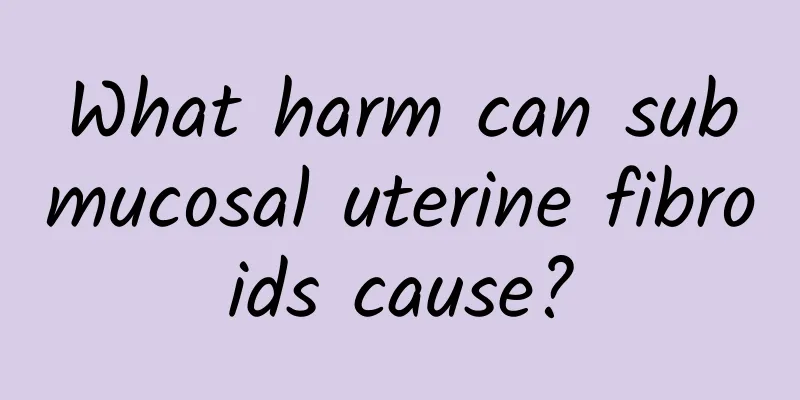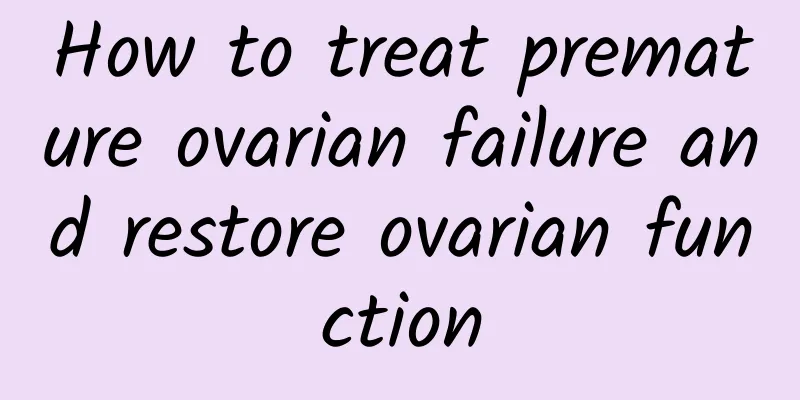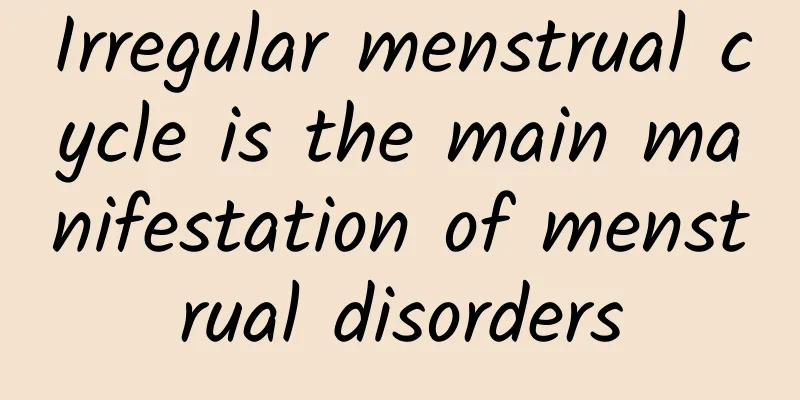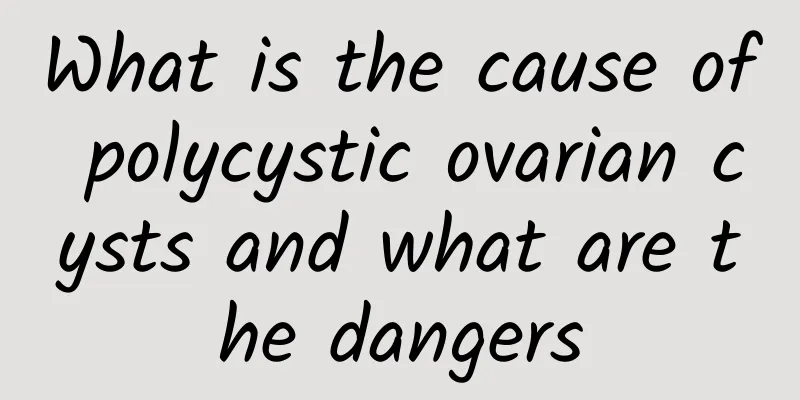Will ovarian cysts disappear on their own after menopause? How to treat them?
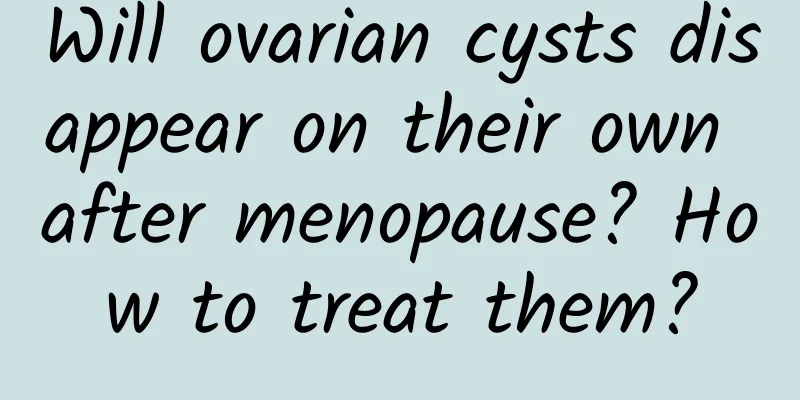
|
Whether or not an ovarian cyst will disappear on its own after menopause depends largely on the type of cyst. Physiological cysts may disappear, while pathological cysts usually require treatment. 1. Physiological ovarian cysts: These cysts, such as corpus luteum cysts, tend to disappear on their own after menopause. In this case, no special treatment is usually required, just regular monitoring. This is just like in our daily life, sometimes there are some minor problems in the body, but after a period of time, they will disappear on their own. 2. Pathological ovarian cysts: This type of cyst includes inflammatory cysts and cysts caused by endometriosis. Chocolate cysts caused by endometriosis may shrink or even disappear after menopause, but inflammatory cysts require active treatment. Doctors may recommend antibiotics, such as cephalosporins, combined with metronidazole or tinidazole for treatment. If the cysts still exist after the inflammation subsides, physical therapy such as infrared therapy or acupuncture may help. Just like when we repair a machine, sometimes it takes a combination of methods to solve the problem. 3. Necessity of surgical treatment: If conservative treatment is ineffective and the cyst persists, surgical intervention may be required. Surgery is a more direct method that can completely solve the problem, but it should also be decided based on the doctor's advice. 4. Be alert to malignant cysts: Some cysts may recur and even have the risk of becoming malignant. For these cases, early detection and treatment are very important. Once it is confirmed that the cyst has a malignant tendency, surgery may be necessary, and comprehensive treatments such as radiotherapy and chemotherapy may be required after surgery. This is like finding a fire, putting it out in time can avoid a bigger fire. 5. Psychological adjustment and health monitoring: It is also important to maintain a good attitude when facing ovarian cysts. Regular physical examinations and follow-up can help to find problems in time and avoid unnecessary panic. Just like we regularly maintain our cars to ensure that they are always in good condition. The treatment of postmenopausal ovarian cysts needs to be combined with the type of cyst and the specific situation of the patient. Reasonable treatment and monitoring under the guidance of a doctor can help women better cope with this problem. Maintaining a positive attitude and a healthy lifestyle is not only responsible for your own body, but also improves the quality of life. |
<<: Can intrauterine adhesions be cured by taking medicine?
>>: Things to note after having an abortion
Recommend
Recommended hospitals for hyperprolactinemia
Where is the best hospital for the treatment of h...
What can I eat to shrink my uterine fibroids? What can I eat to shrink my uterine fibroids?
What should I eat to shrink my uterine fibroids? ...
Will ovarian cysts cause abdominal pain in the early stages? Why?
Will ovarian cysts cause abdominal pain in the ea...
Honey water reduces belly fat, 5 tips to reshape waist
Whether it is a girl or a boy, belly is a flaw fo...
Experts answer the question of what is uterine adnexitis
In today's life, more and more people are suf...
What are the causes of cervical erosion? How to treat cervical erosion in women?
What are the causes of cervical erosion in women?...
What are the traditional Chinese medicine treatments for uterine fibroids?
Uterine fibroids are the most common benign tumor...
How long does it take to get your period after an abortion?
Before an abortion, people always think about how...
How many days after menstruation is over?
How many days after menstruation ends does ovulat...
Are there any dangers of uterine fibroids?
Uterine fibroids may affect women's reproduct...
Beware! People with high risk of adnexitis
At present, many of our female friends only know ...
How to treat mild cervical erosion in women How to treat mild cervical erosion in women
What is the treatment for mild cervical erosion? ...
Don’t be NG with the crazy facial mask! 4 major pitfalls of applying facial masks
It is well known that Taiwanese women love to app...
What are the main manifestations of vulvar leukoplakia?
Most patients with vulvar leukoplakia explain vul...
Do you know the dangers of vulvar leukoplakia?
Many female friends may be familiar with vulvar l...


